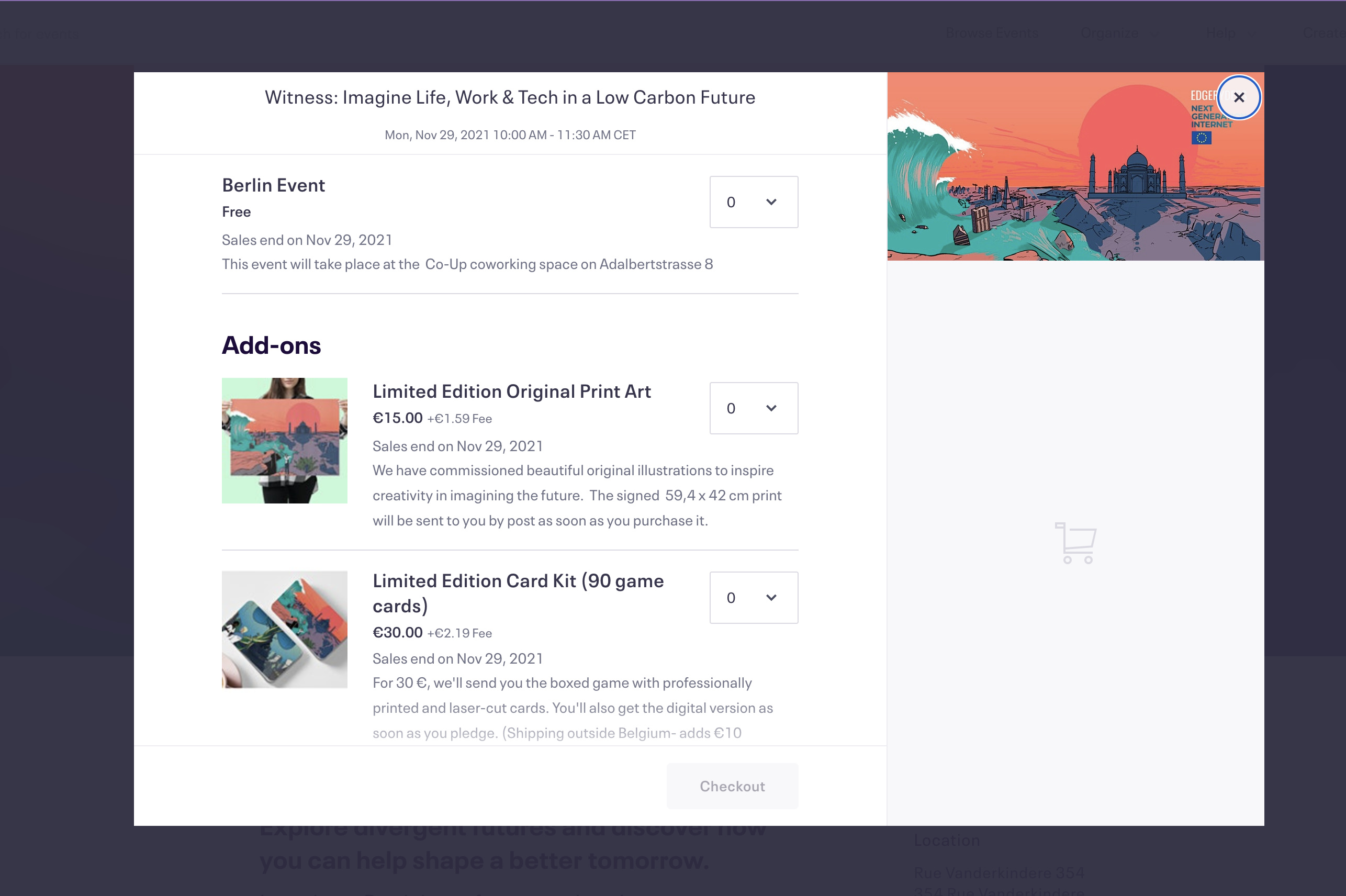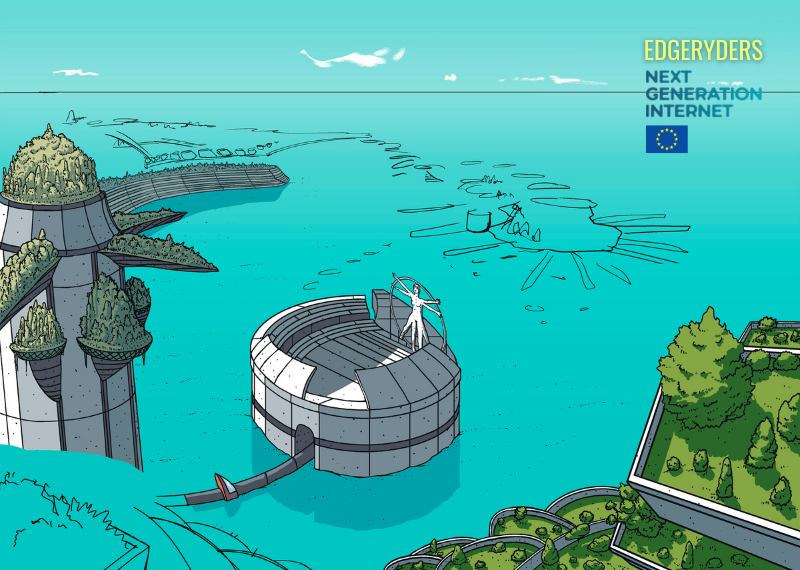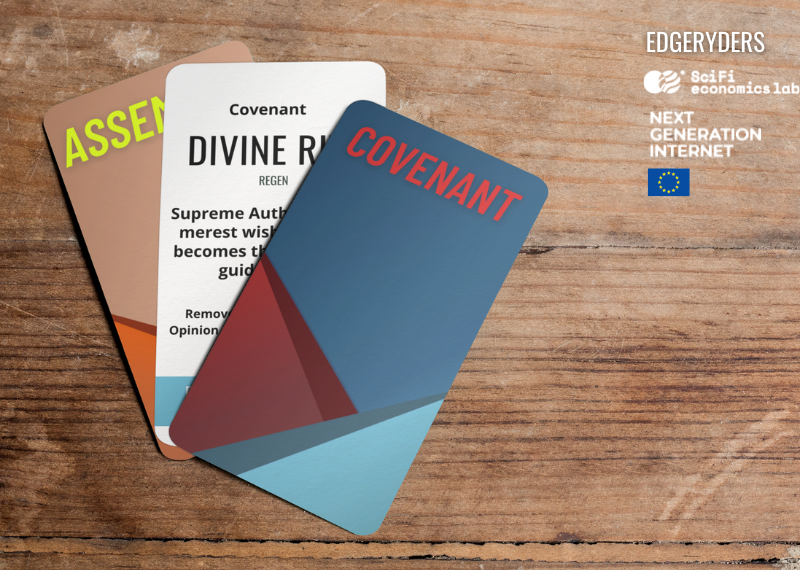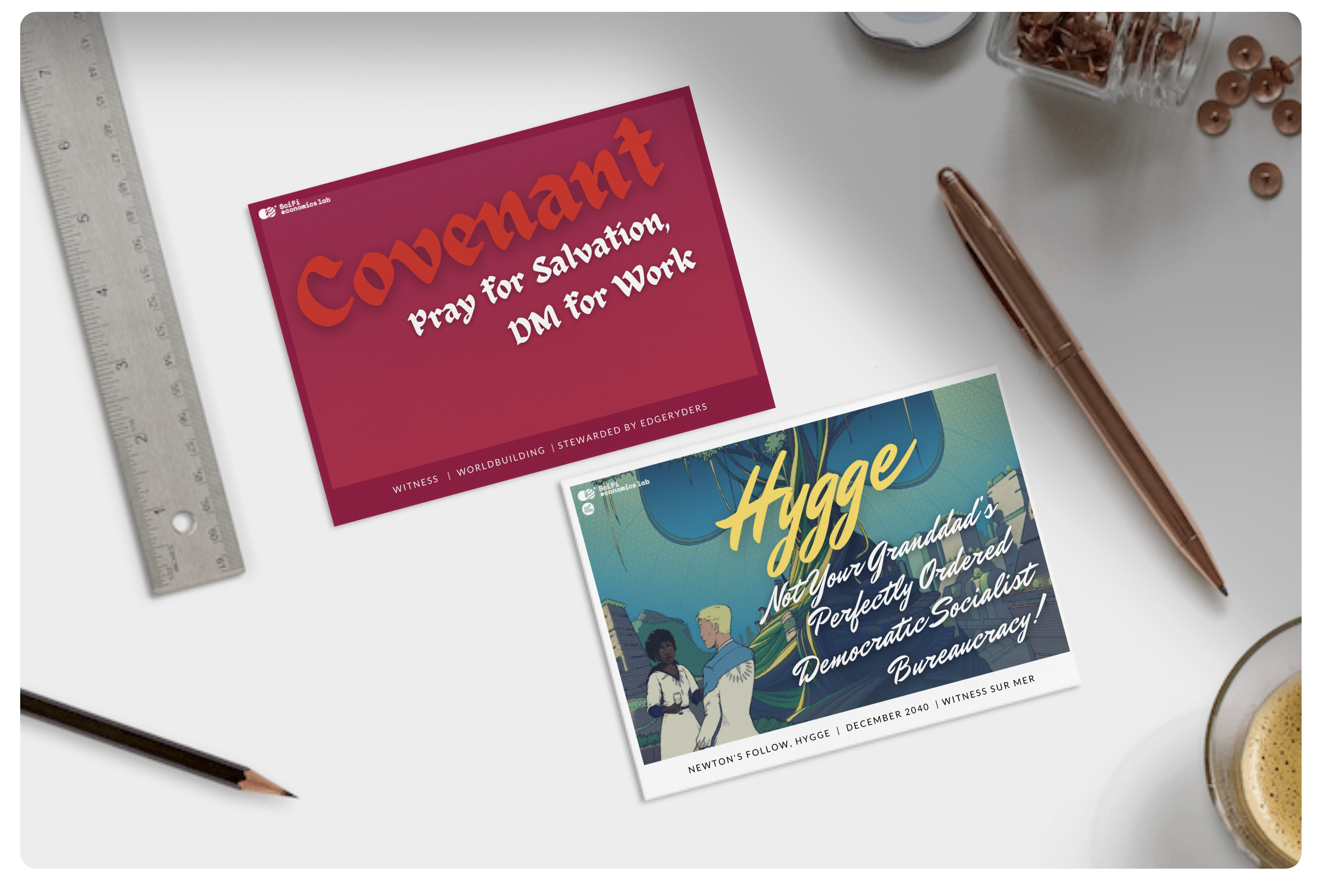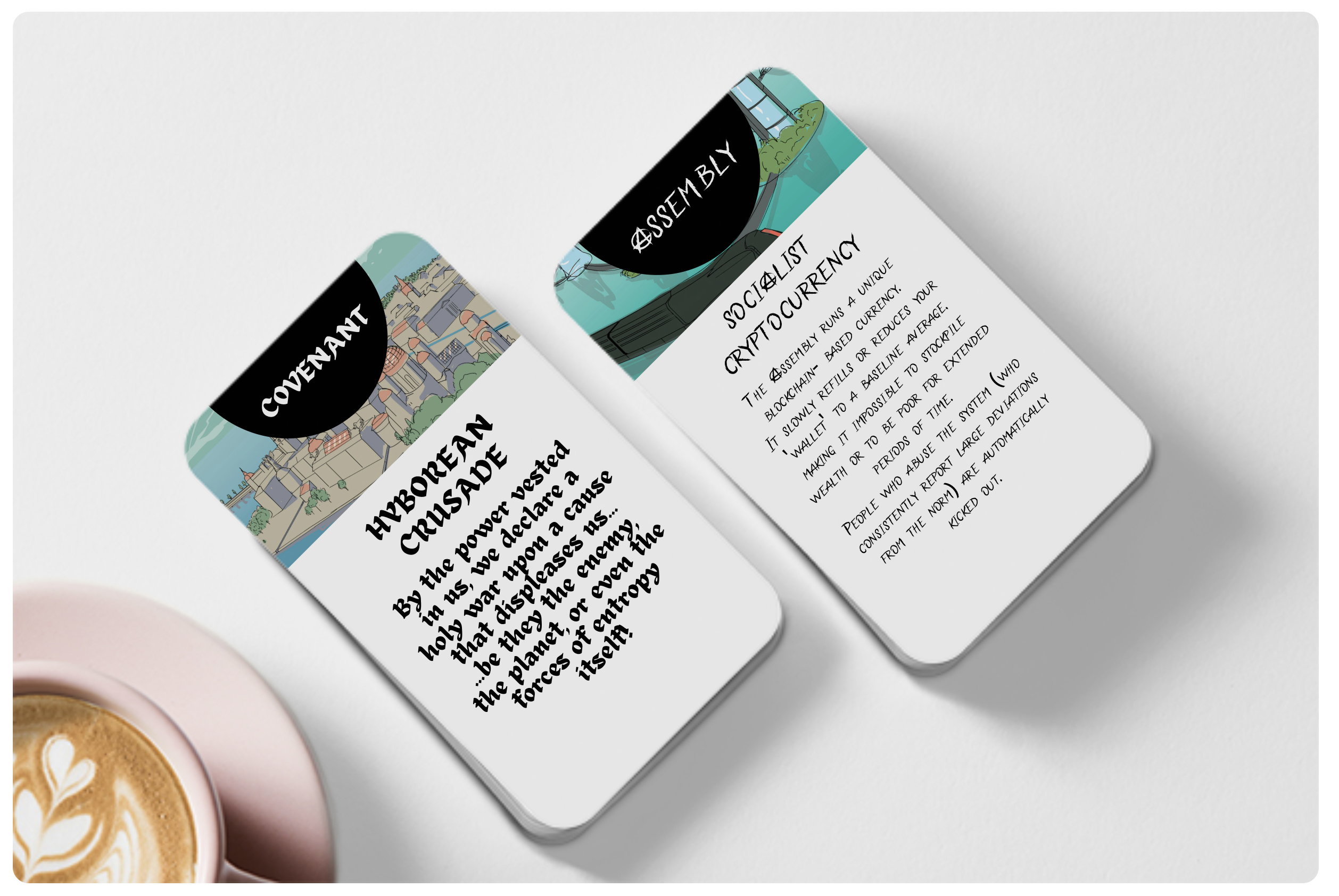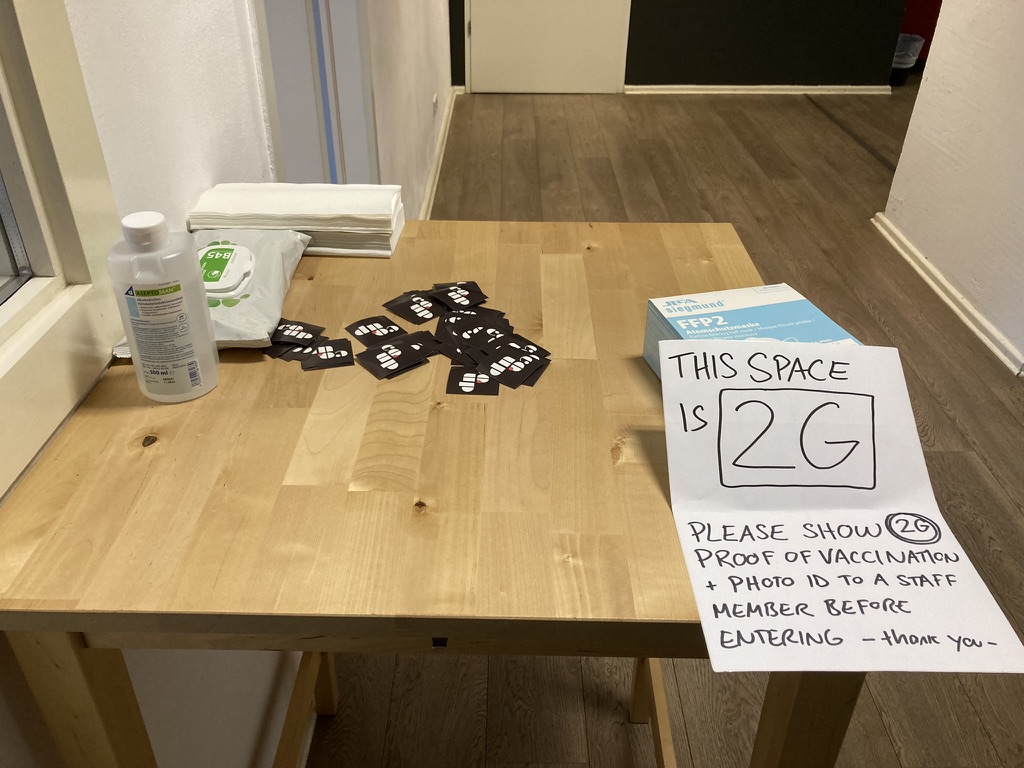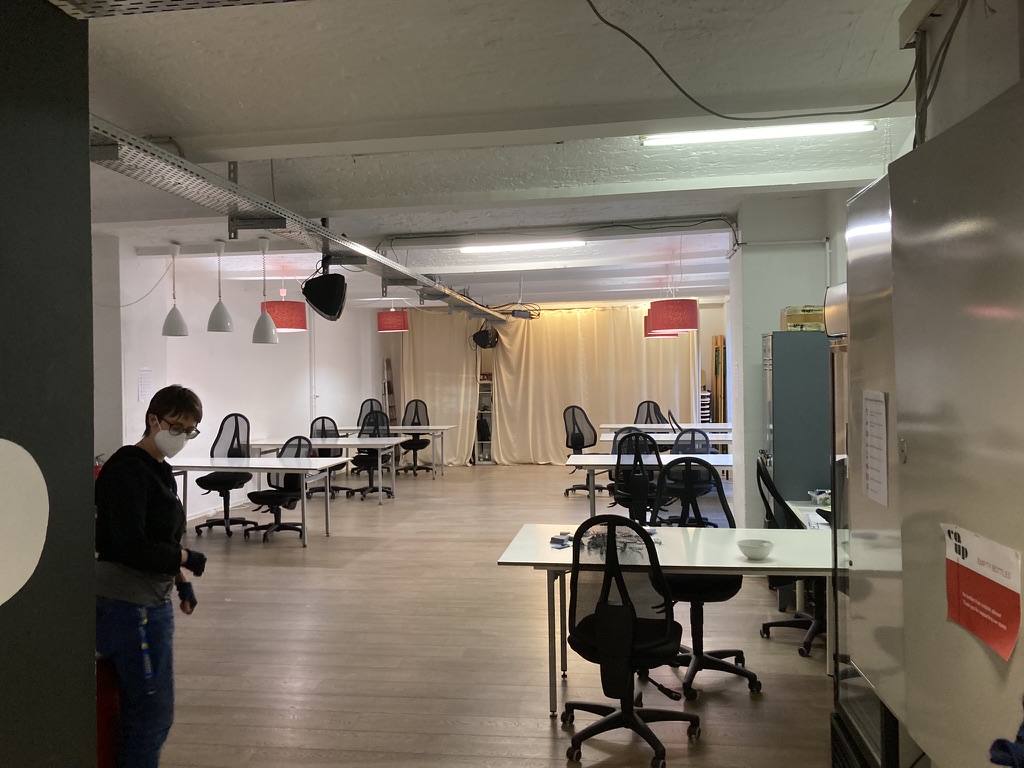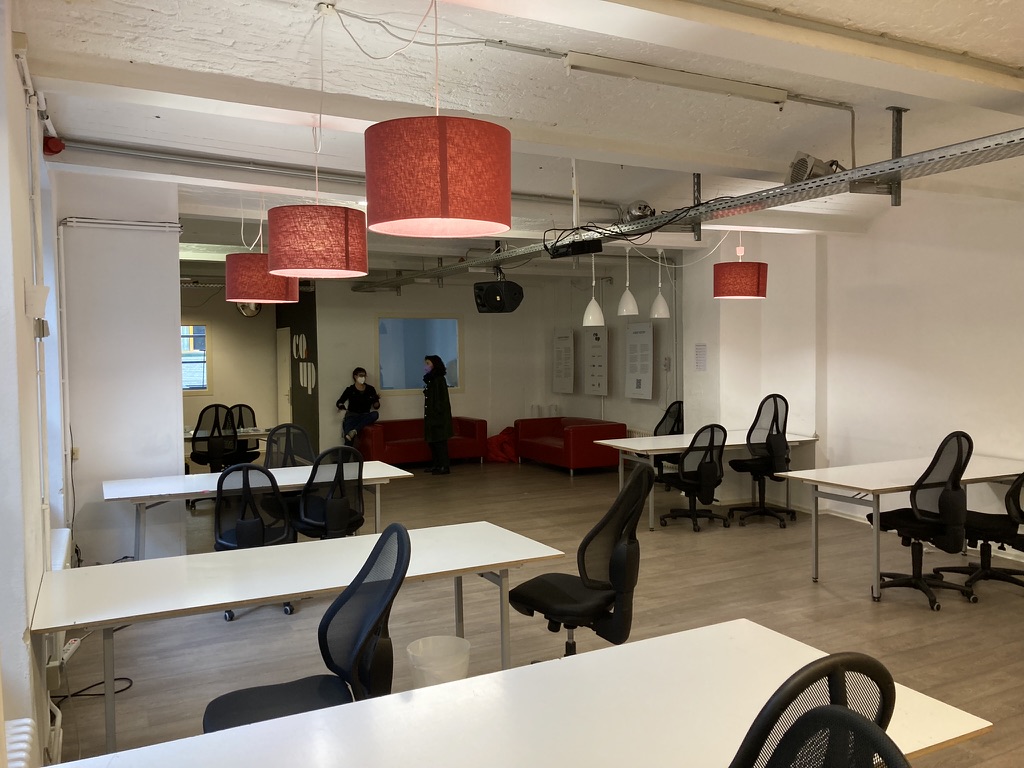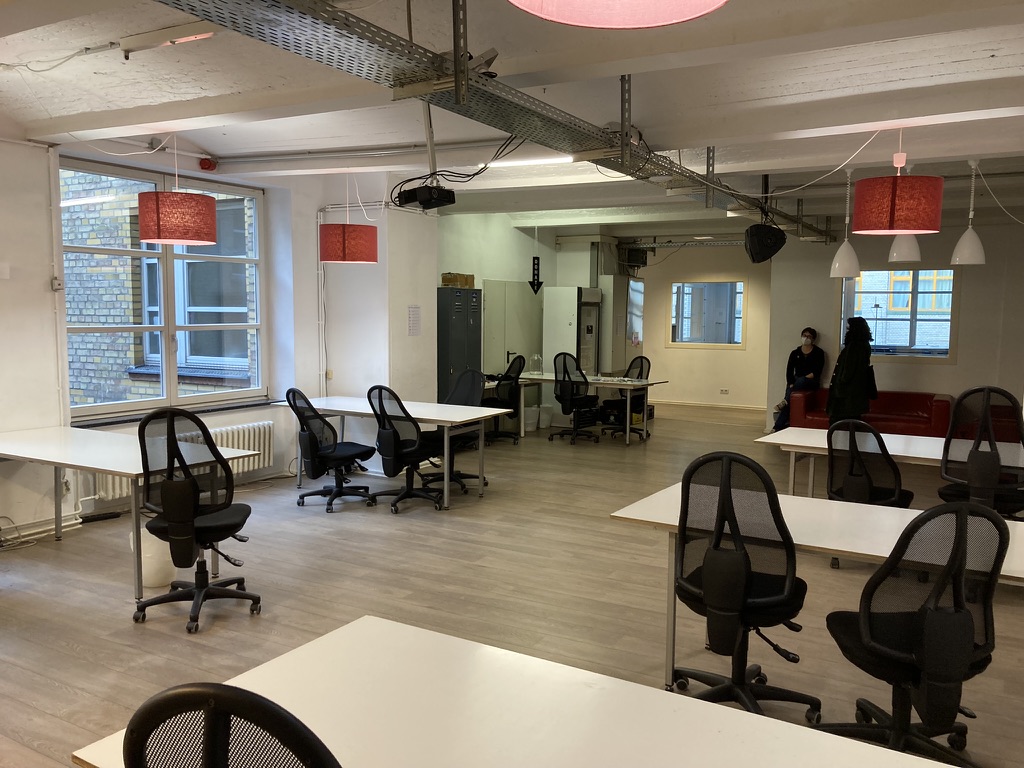We’ll need more than hope and courage if we want to rise to the scale of the challenge facing us — we’ll need to invest in specific skills, and learn to use an expanded vocabulary that includes concepts related to climate, carbon, and equity.
If we listen to the science, and follow the trends of carbon reductions being written into law, like we saw with the UK, Denmark and New York this year, we have significant changes ahead of us in how we deliver services, as we won’t have the resources available to us that we used to.
We increasingly see service design as a tool for governments, companies and the third sector to help people meet needs they might have, and rethink how we structure organisations to support them.
In fact, some, like Matt Edgar, have gone further: Most of government is mostly service design most of the time. Great strides have been made in making services more legible to end users, but also delivering the required outcomes more effectively, often costing less to do so.
But in 2021, and a world where our climate imposes far-reaching changes to how we live, we’ll also likely have far-reaching changes to how services are delivered to people, with new consequences we’re not used to dealing with.
How do we avoid the unintended consequences in a world of binding legal carbon reduction targets?
This conversation was kicked off by @mrchrisadams in this workshop during our last learning community event.
It’s a daunting challenge. Intellectually, practically, socially… even emotionally. Many are sticking our heads in the sand, but even those who are interested - how to even begin? This is not something anyone can make sense of alone.
On November 29, we continue. This time - by playing a card game together!
It’s easy and fun. You can play with people from all over the world online. Or with friends over a drink in the pub (you can order a printed deck).
How to register to play the game
- The event is free of charge.
- You can play online or offline.
- For Information & Tickets, click here.
Do you want to host a game near you?
What a host does:
- Download the game cards and instructions
- Invite colleagues at work, or friends to play the game
- Keep track of the score and the discussions had during the game
- Shares a thoughtful summary of what was discovered and learned (can be a text, drawing or even short video shot on your mobile phone) .
Benefits of hosting a game:
- Discover and play with new ideas, imagining what sort of worlds and lives they might lead to.
- Connect with people who have the expertise needed to ensure the ideas are realistic, and posses the skills and networks needed to make them happen.
- Imagine your life within these potential futures, and help others to do the same.
Would you be a hi-tech monk operating vast 3D printers in a city-wide monastery? Or an artist, crowdfunding for ambitious public works projects in a giant anarchist collective? Or perhaps you just want to live in the woods, farming your own food, generating your own electricity.* Witness lets you ask what that might be like, but also, how it might happen.
Who is a good host:
- Open-minded, curious and a good listener.
- Sociable and good at engaging people to try new things.
- Interested in society, technology and/or economics.
Additional perks
As a host you also get a limited edition of the cards as a thank you.
How to register as a host
- Go to the the Eventbrite page
- Order a Limited Edition Card Kit.
- Use this promo code when you checkout: GameHost
The event is coordinated by the Edgeryders organisation.It is part of the Next Generation Internet (NGI) initiative, launched by the European Commission in the autumn of 2016 and has received funding from the European Union’s Horizon 2020 research and innovation programme under grant agreement No. 825652 from 2019-2021.

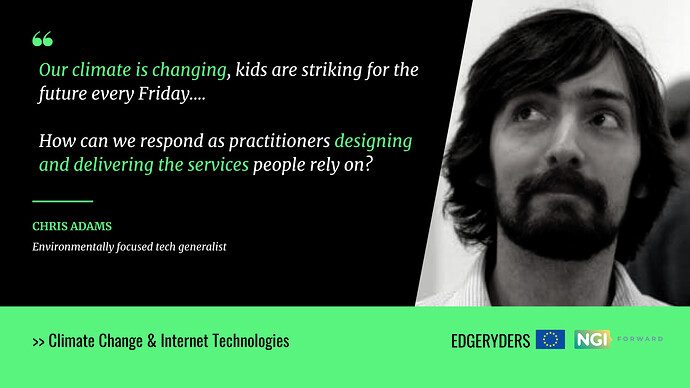
 Can you PM me the postal address?
Can you PM me the postal address?